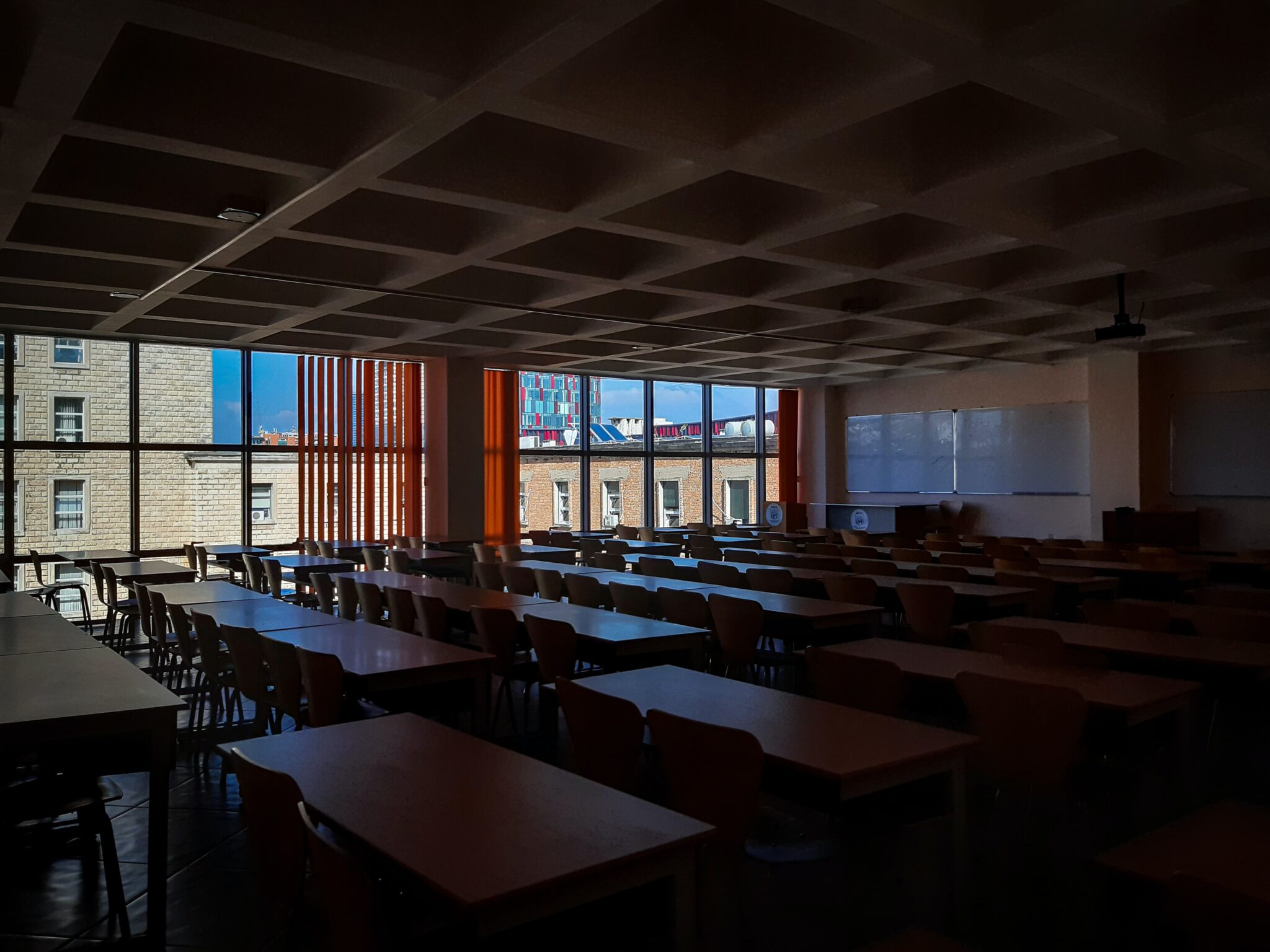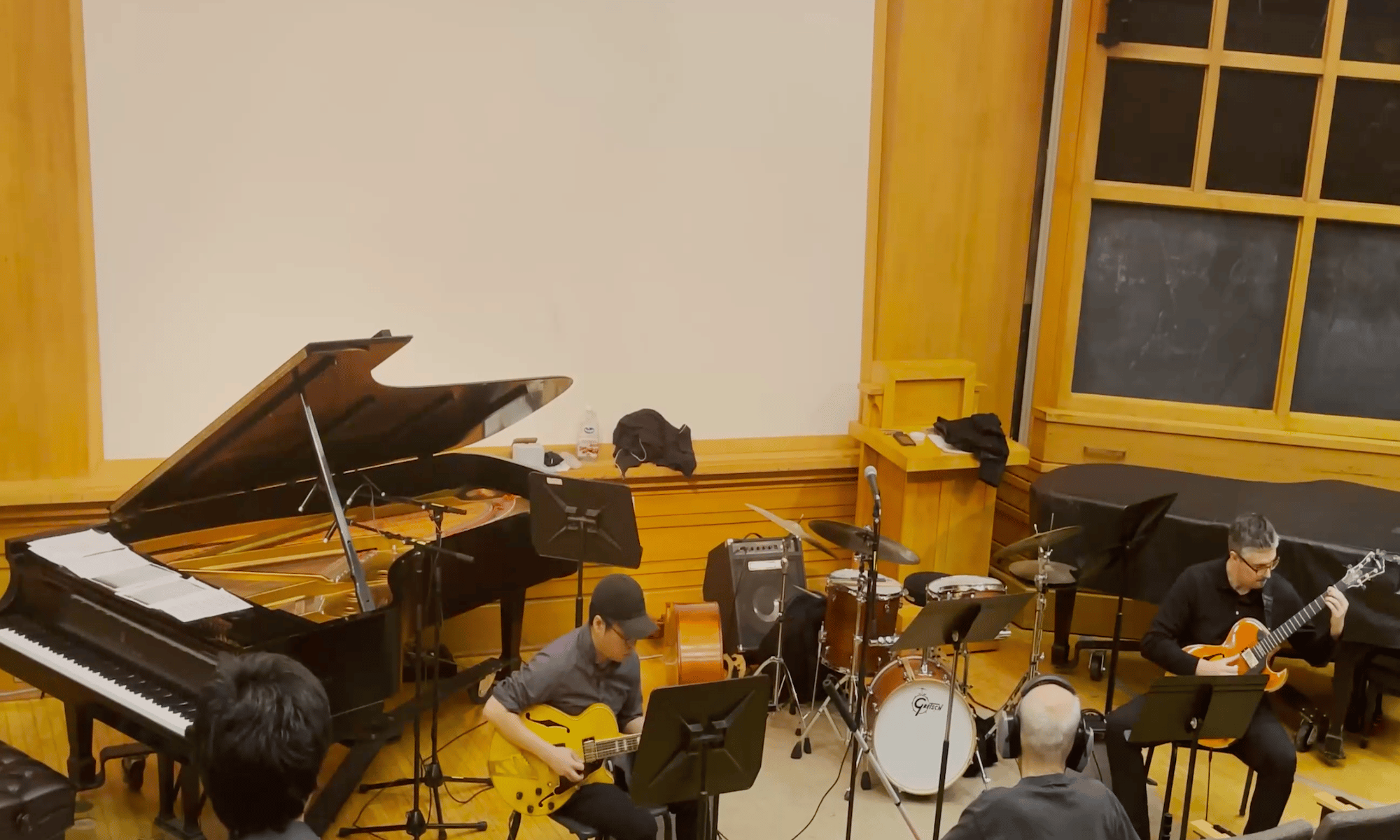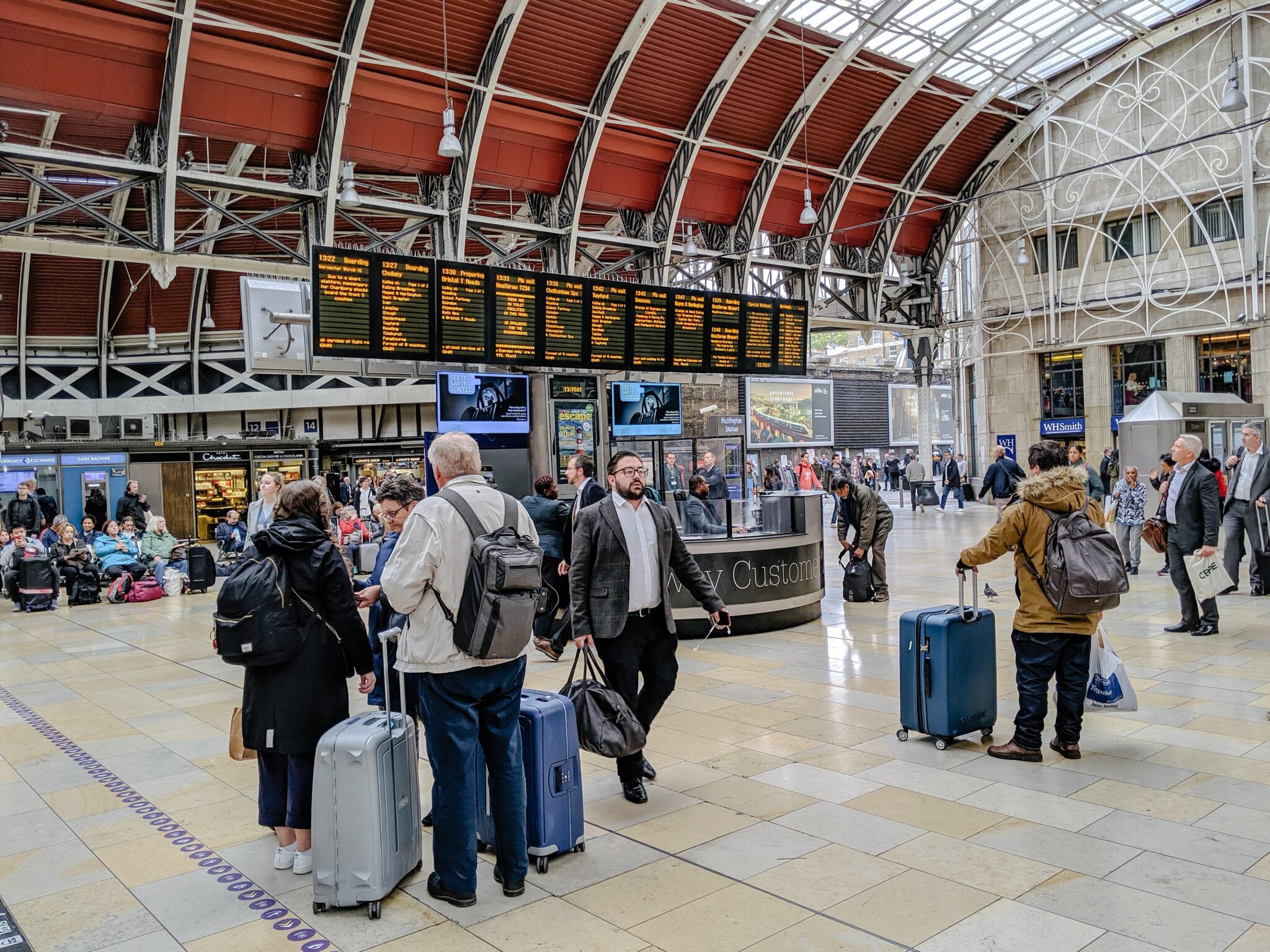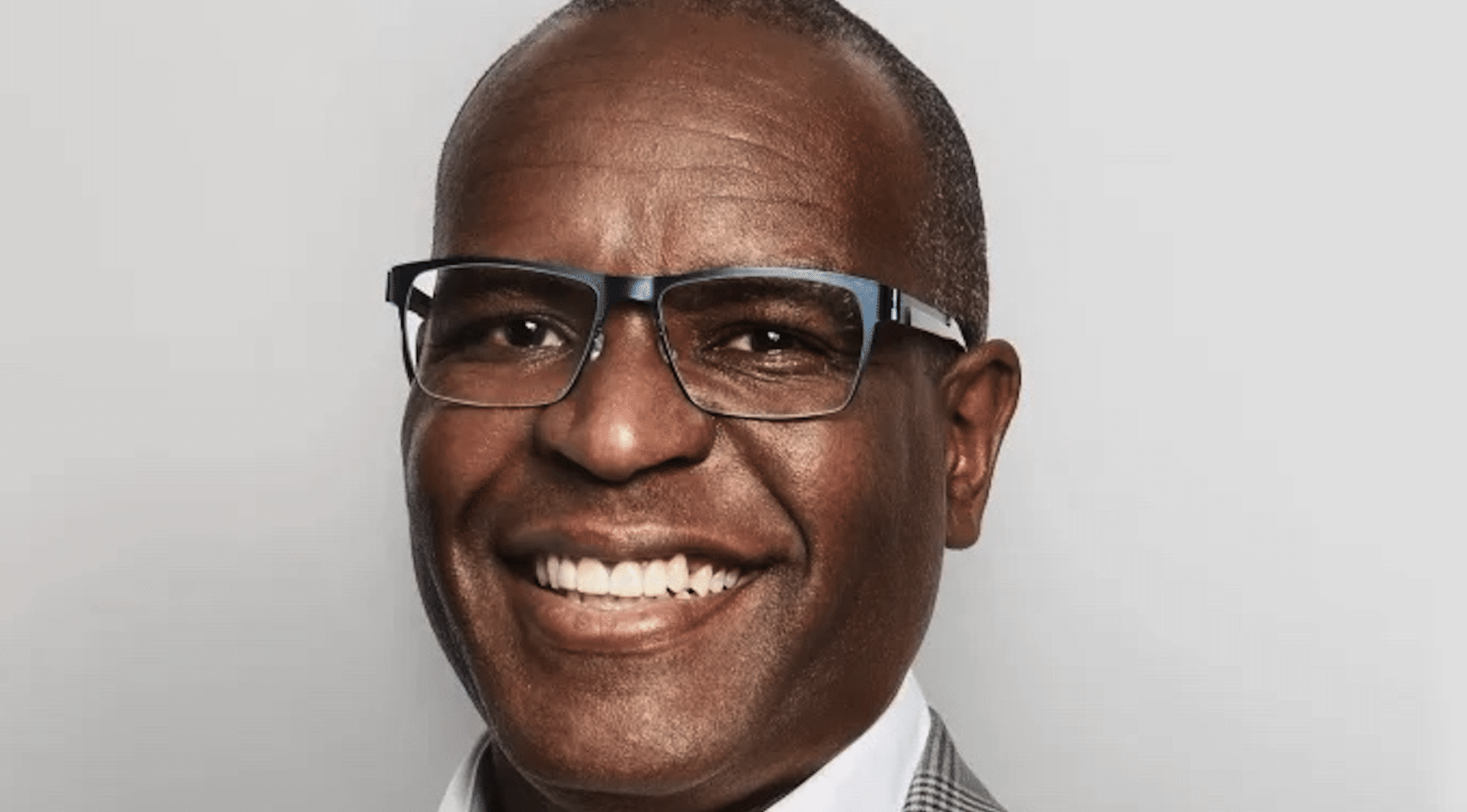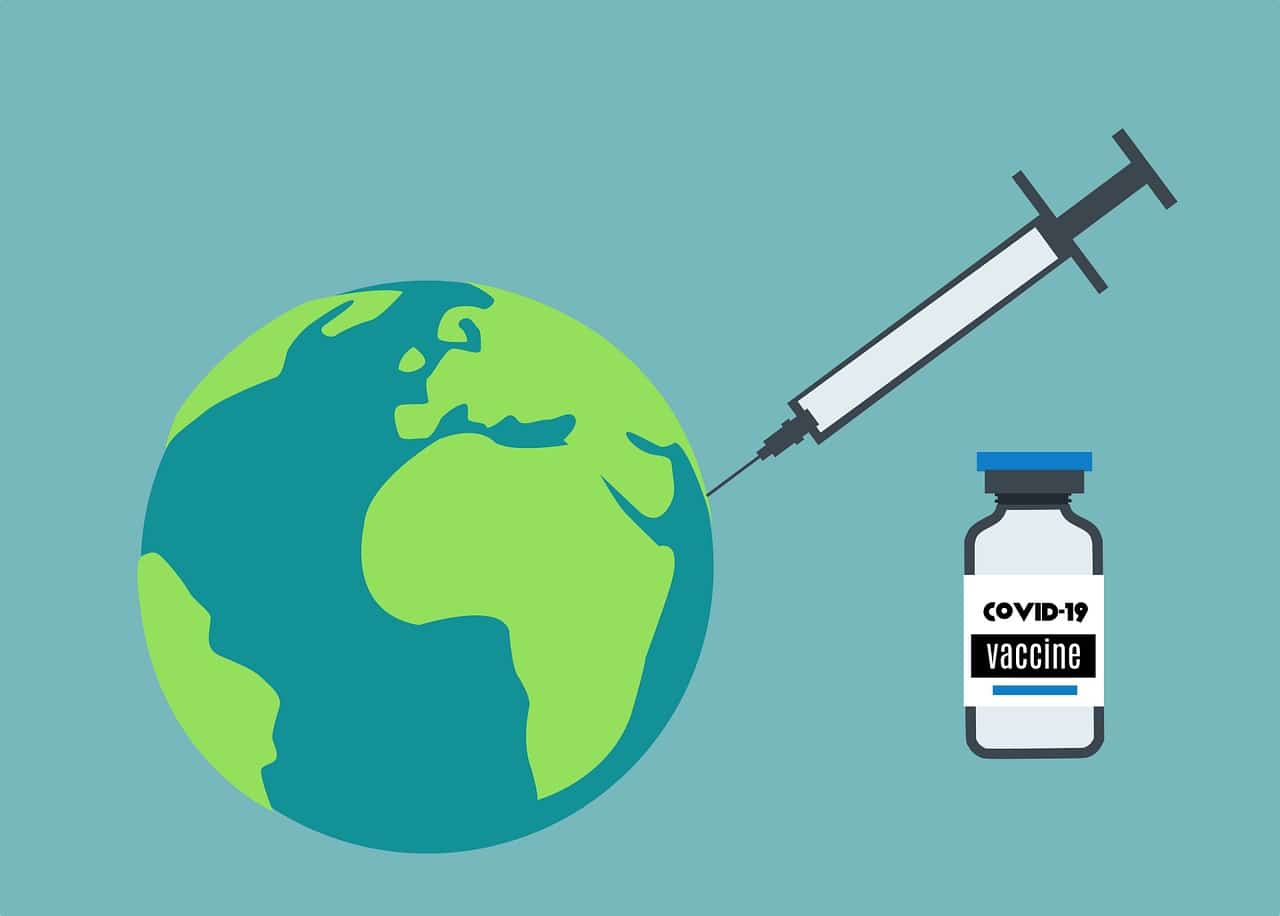Photo by Zoran Borojevic on Unsplash
After a long day of staring at my screen and taking my online classes at The City College of New York, I do one more thing. I join my nightly Zoom call with my family. Everyone is there: my mom and dad, younger brother Ikaika, and younger sisters Kaila and Alea. They still live together in Virginia and I’m living at my girlfriend’s house in Brooklyn. My mom demands that I call every night to stay in touch. Stay-at-home orders and coronavirus restrictions have changed the lives of everyone in different ways and that goes for my own family.
At the start of the outbreak Mom asked me to come home. “We can pick you up tomorrow. The whole family would drive up and get you,” she said on a phone call. Soon after that, New York City became the epicenter of the coronavirus outbreak.
I didn’t want to go home at that point because I was afraid of bringing the virus to them. My dad agreed with me. Still, my mom, with her voice breaking, said, “I want you home, Kainoa. Do you know how hard it is to not have all my children here? I’m constantly worried about you.” I was upset, but firm. We decided on a compromise: the Zoom calls. They let us see each other and make sure we’re well and social distancing.
Every weekend we play a game that my mom organizes. Since they’re all together, Zoom lets me into the room with them. “It’s a nice way to get the family together,” my mom says, but it’s more than that. While playing we share some banter and I’ll ask for a report; “What did you all do today?” Then my mom will report how Kaila baked something new, Ikaika was avoiding his homework for online high school, and both Alea and my dad are addicted to video games. “He’s like the fifth child at this point,” my mom said.
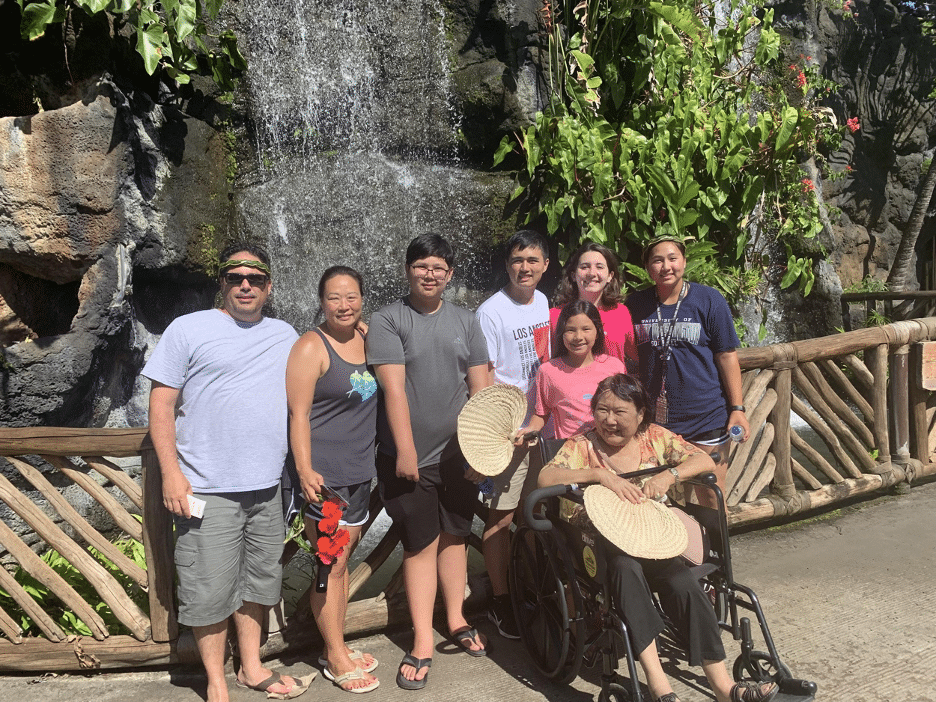
Sometimes nights we play a virtual game of UNO and one of my siblings plays for me. I usually don’t win, but my excuse is that they have the home field advantage. Other nights we play charades, which quickly descends into chaos after a few rounds. It starts when Alea, the youngest, and my dad both decide that they’re done playing seriously and start giving terrible clues on purpose. Then they sneak off to play video games while the rest of us spend more time chatting.
While the main challenge for my immediate family is keeping in touch, my extended family deals with different issues.
My maternal grandma lives alone in Hawaii. I call her as often as possible to keep her company. She has been relying on extended family members and neighbors to bring her groceries. “Every few days your aunty or the boy who lives down the road will bring me things I need,” she told me on the phone. We often talk about old family recipes that I want to try cooking. “I’m so glad that my grandson wants to make these kinds of foods,” she said. My grandma is in the high-risk population for the virus because she is elderly and has preexisting health conditions including Type 2 Diabetes and breathing problems. She hasn’t left her home in a month.
While she struggles with loneliness, my father’s mother, also in Hawaii, has been going through hard financial struggles.
She has always lived in rent-stabilized housing and worked at minimum wage jobs. Before the virus hit, she was working at a movie theater on Maui. She was furloughed from her job and filed for unemployment on March 15. She was just one of the 30 million people who filed for unemployment and as I write this she still has received no unemployment benefits or money from the CARES act.
The main issue is that she doesn’t have access to a computer, but to pursue unemployment claims she must check in every week on a computer. Consequently, her unemployment filing was invalidated. Thankfully my family has been able to support her while she reapplies for unemployment benefits. In the meantime, my dad describes his mother’s situation as “extremely frustrating and troubling.”
But through the troubles we’ve all faced during the era of COVID-19, family is what manages to keep us going. My mom said, “No matter what happens we’re all family and we need to stay connected.” She believes that we will all come out of this stronger than before. “It’s hard not being there with my mom, but I know that she’ll be able to take care of herself,” she added. I asked my dad about his mom and he said, “I’m disappointed in the unemployment system, but I’ll continue to do whatever I can to support her.” No matter the physical distance between us, my family continues to try to uplift one another.
Series: COVID-19 DIARIES

